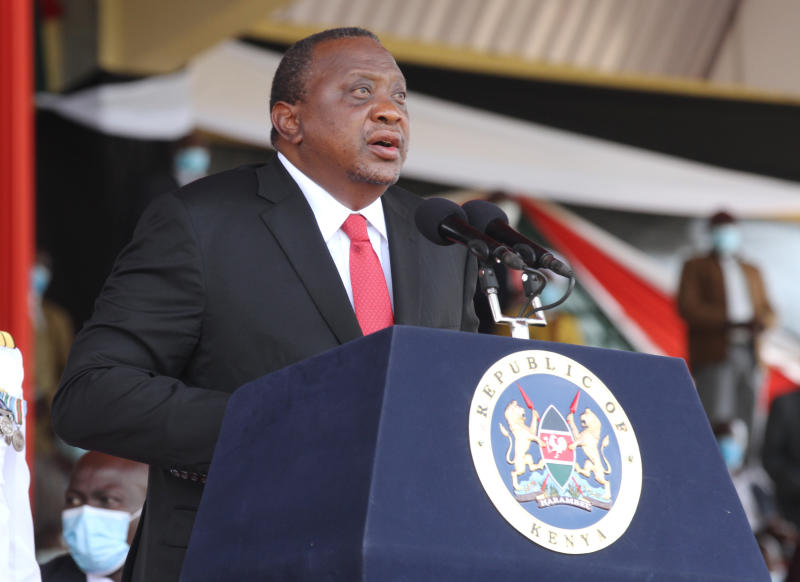×
The Standard e-Paper
Join Thousands Daily

From contractual agreements with foreign countries to internal audits and now claims of the first family having stashed billions in offshore accounts, President Uhuru Kenyatta continues to keep Kenyans hopefuls that he will heed the promise.
The Commander in Chief (CiC) has in the recent past vowed to unearth and ensure reports are availed to address various matters striking at the heart of the nation but years on, he remains lull- seemingly hoping that the public will forget and move on.